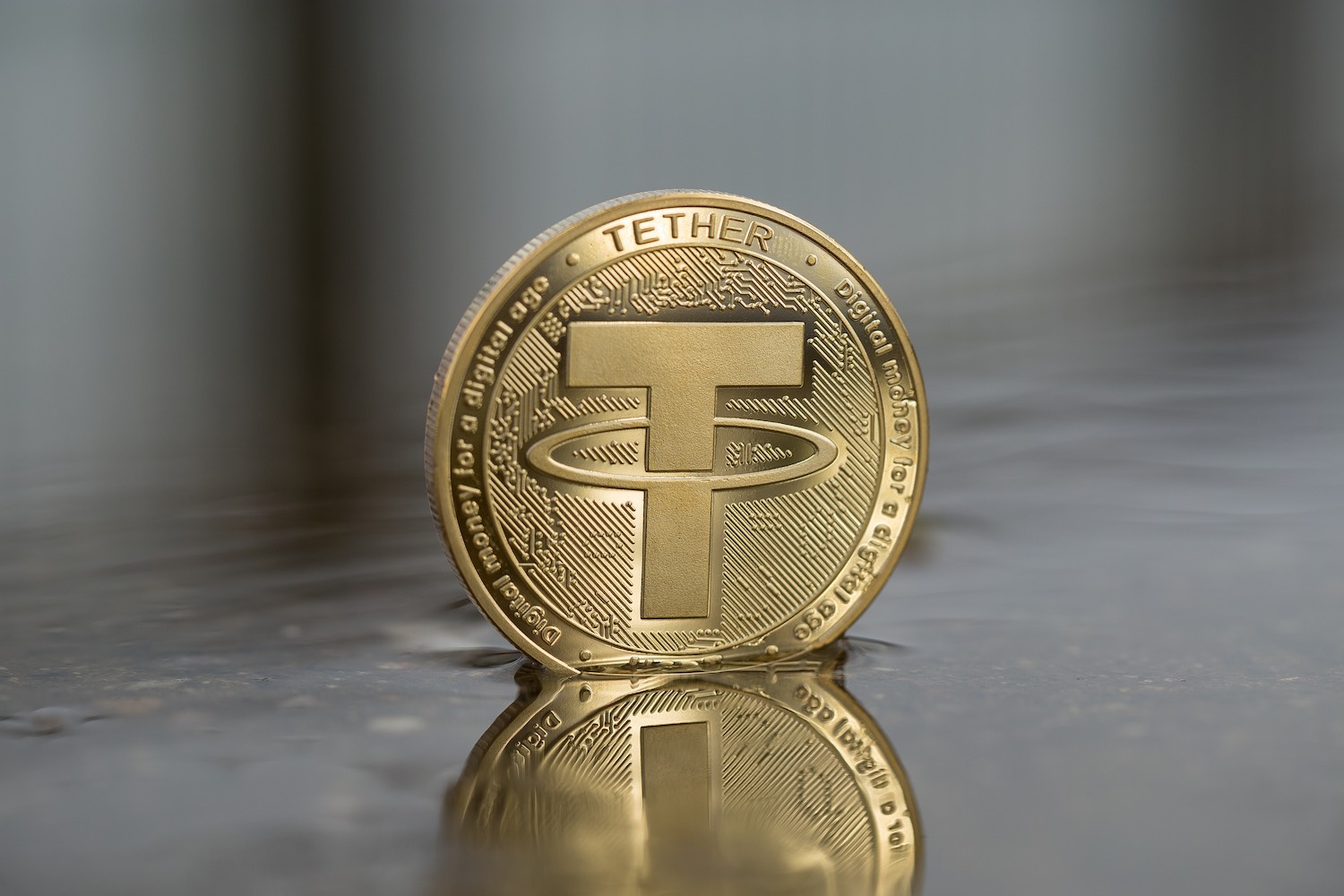Tether, the issuer of the popular stablecoin, has recently taken a significant step toward enhancing its cooperation with law enforcement and regulatory agencies.
In a blog post dated December 9th, the company announced the implementation of a voluntary wallet-freezing policy, aimed at bolstering its efforts to comply with global regulations and law enforcement requests.
Since December 1st, Tether has been providing controls on the secondary market to freeze any activity associated with individuals or entities listed on the United States Office of Foreign Assets Control (OFAC) Specially Designated Nationals (SDN) List.
This list comprises companies and individuals connected to sanctioned countries. Tether’s move is part of a broader proactive approach to align itself more closely with regulatory bodies worldwide.
The U.S. Department of the Treasury utilizes the SDN List to monitor and prevent cryptocurrency transactions that may be linked to illicit activities, such as terrorism financing and the unauthorized distribution of fentanyl.
Notably, Tether has already frozen wallets that were previously added to the SDN List, marking a departure from its earlier stance on this matter.
READ MORE: Meanwhile Group Launches Innovative Bitcoin Private Credit Fund for Institutional Investors
In August 2022, the company had stated that it would not proactively freeze addresses associated with sanctioned Tornado Cash transactions unless explicitly instructed to do so by law enforcement agencies.
Tornado Cash had come under scrutiny for allegedly facilitating over $7 billion in cryptocurrency money laundering since 2019, as per the OFAC.
Paolo Ardoino, CEO of Tether, emphasized the importance of these measures, saying, “By executing voluntary wallet address freezing of new additions to the SDN List and freezing previously added addresses, we will be able to further strengthen the positive usage of stablecoin technology and promote a safer stablecoin ecosystem for all users.”
Tether, headquartered in Hong Kong, is responsible for the stablecoin of the same name.
The stablecoin has gained immense popularity, with its market capitalization recently reaching $90 billion, even amidst increased regulatory scrutiny of cryptocurrency firms in the United States.
Tether’s stablecoin continues to dominate the market, holding nearly 70% of the stablecoin market share.
In summary, Tether’s decision to proactively freeze wallet addresses associated with sanctioned individuals and entities reflects its commitment to compliance and cooperation with regulatory authorities, further solidifying its position in the stablecoin market.
Discover the Crypto Intelligence Blockchain Council





